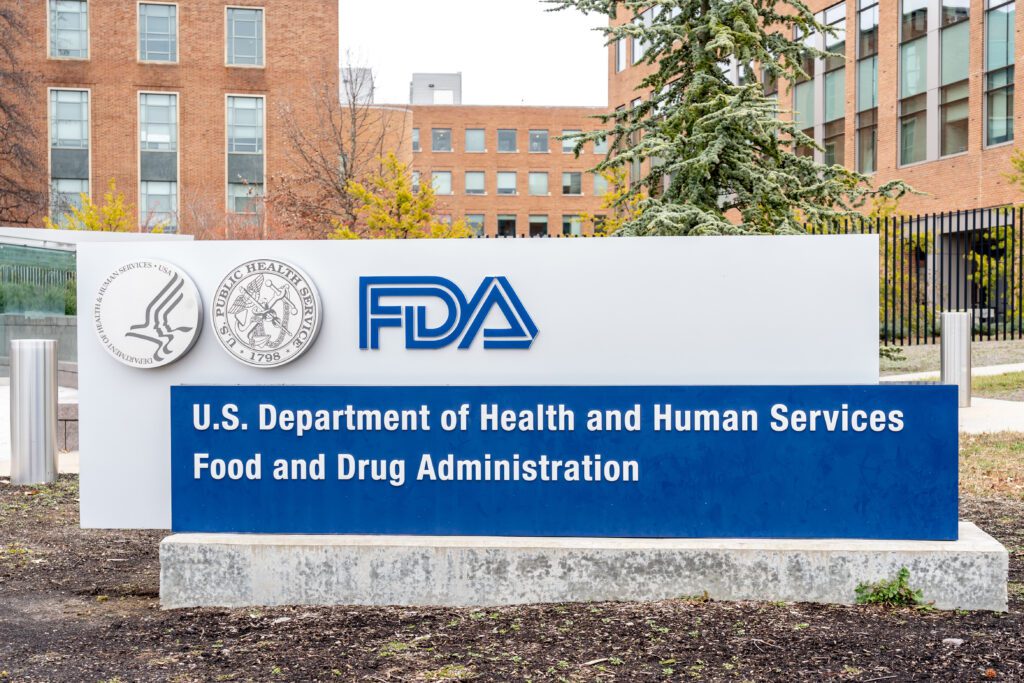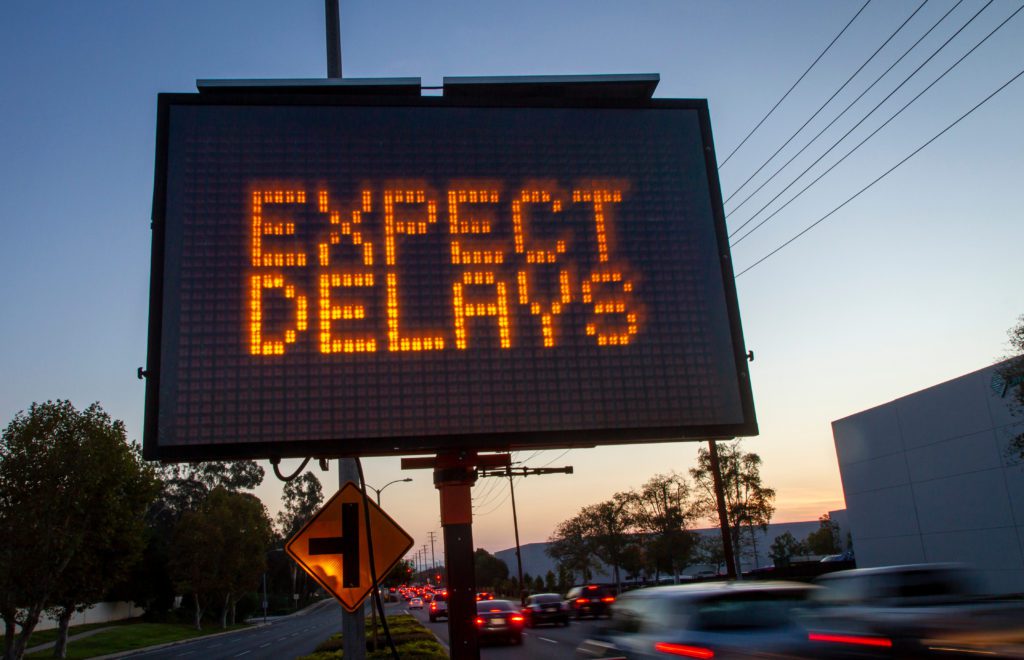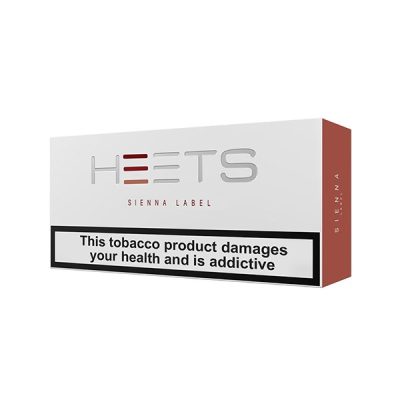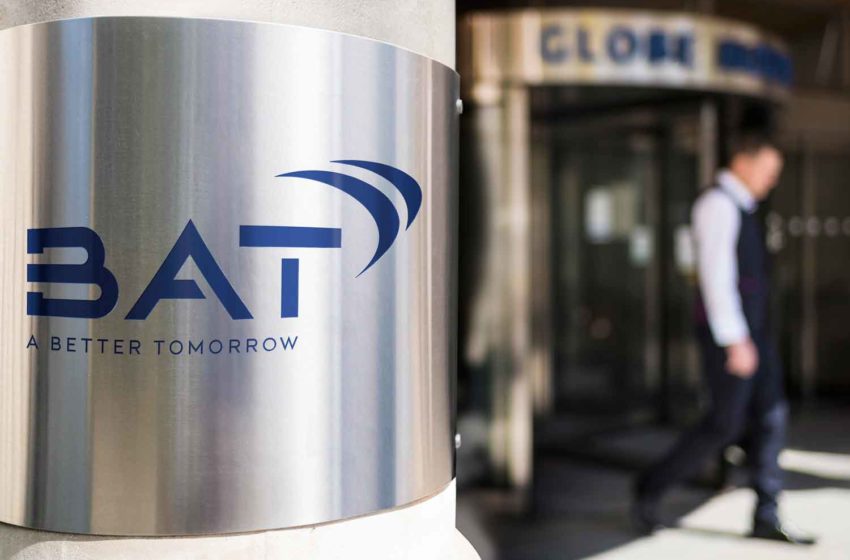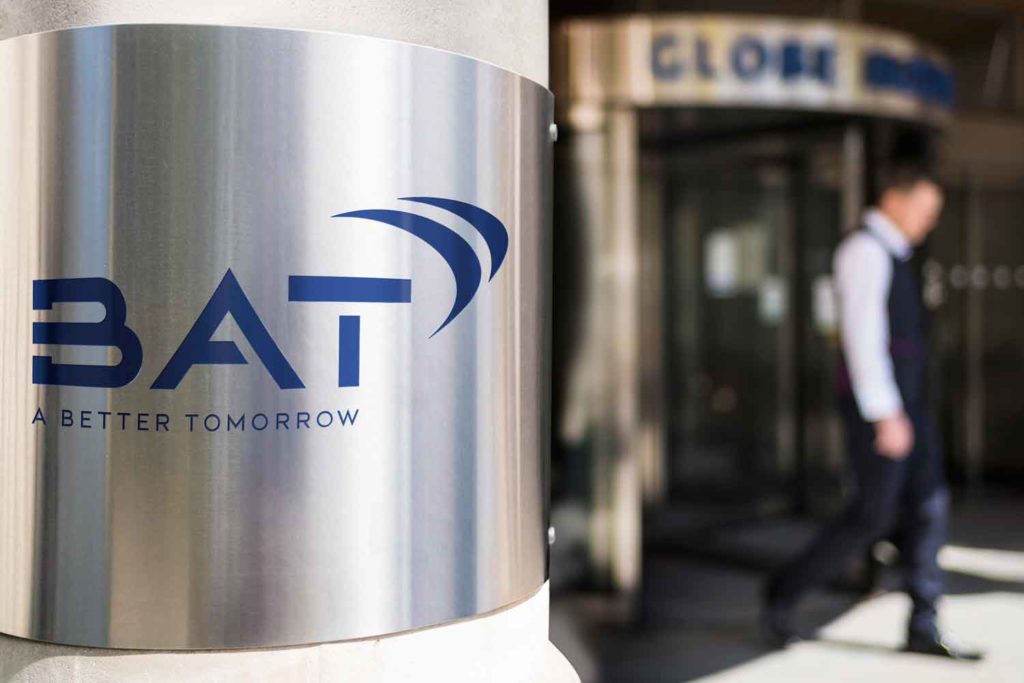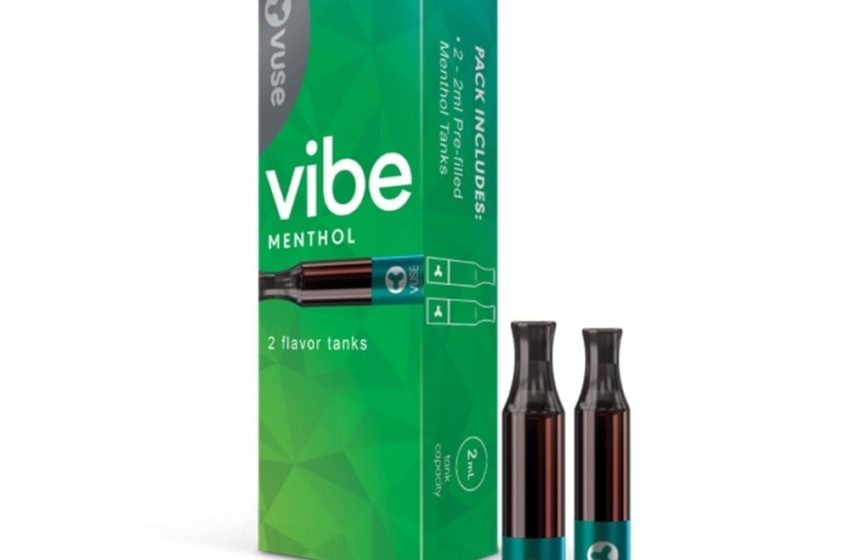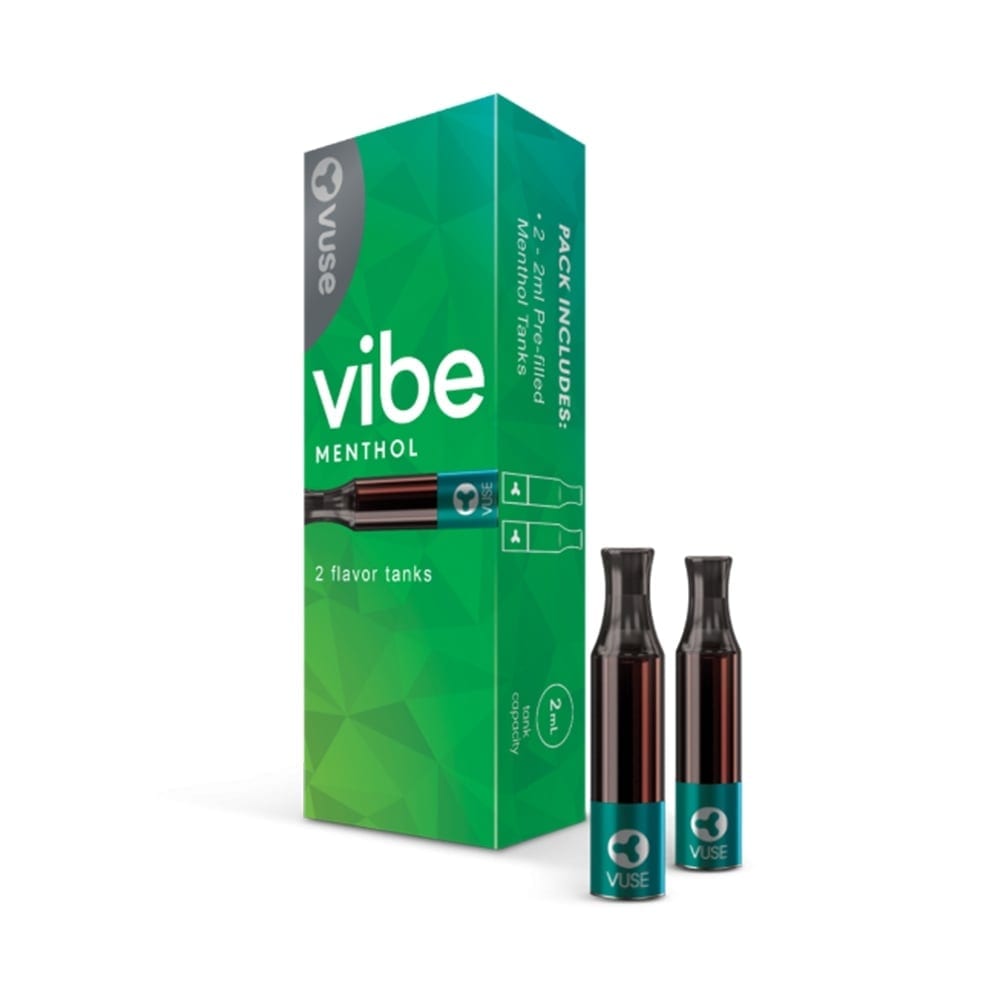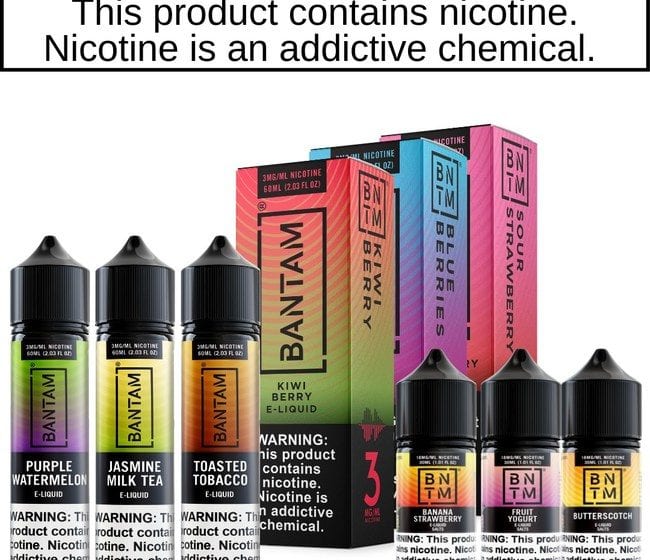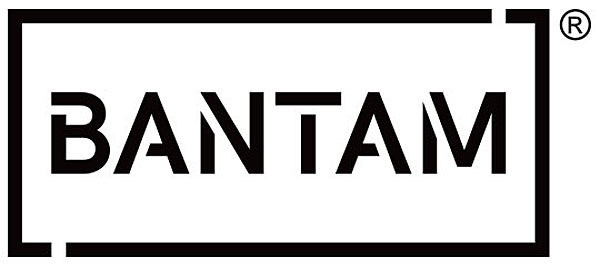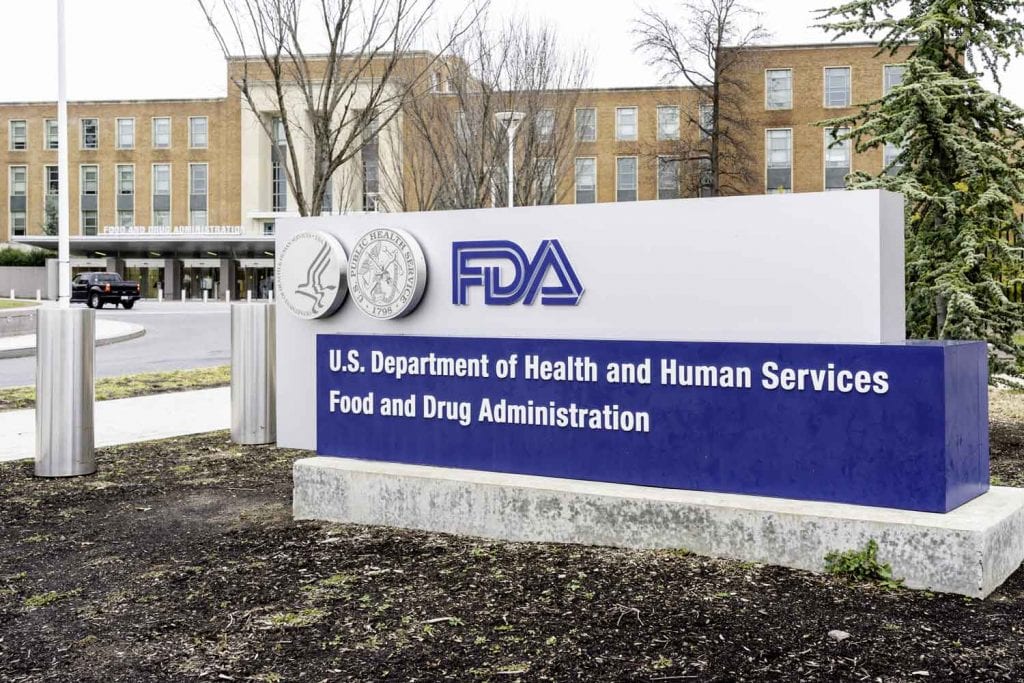
The U.S. Food and Drug Administration today stated it has made determinations on more than 99 percent of the nearly 26 million deemed tobacco products for which premarket tobacco products applications (PMTAs) were submitted. The agency has said previously that reviews for some of the most popular vaping products may take until the end of the year.
The FDA also announced it issued a refuse-to-accept (RTA) letter on Feb. 21, to one applicant notifying a company that their PMTAs, which are associated with approximately 17 million individual tobacco products, do not meet the acceptance requirements outlined in FDA’s regulations.
“The applications were for a grouped submission of e-liquids in varying size, nicotine strength, and flavor combinations, each of which was treated as an individual product application according to existing premarket review processes,” the FDA wrote in a statement.
The agency’s overall determinations include authorizing 23 new e-cigarette products and devices, and issuing refuse to accept (RTA) letters, refuse to file letters, or marketing denial orders for millions of products.
The data includes determinations on applications for nearly 6.7 million products received by the Sept. 9, 2020, deadline, more than 18 million products received after the Sept. 9 deadline, and applications for nearly 1 million non-tobacco nicotine products submitted by May 14, 2022, in accordance with the new federal law passed in April 2022.
Under a federal court order, manufacturers of deemed new tobacco products that were on the market as of the deeming rule’s effective date (Aug. 8, 2016) were required to submit premarket review applications by Sept. 9, 2020.






